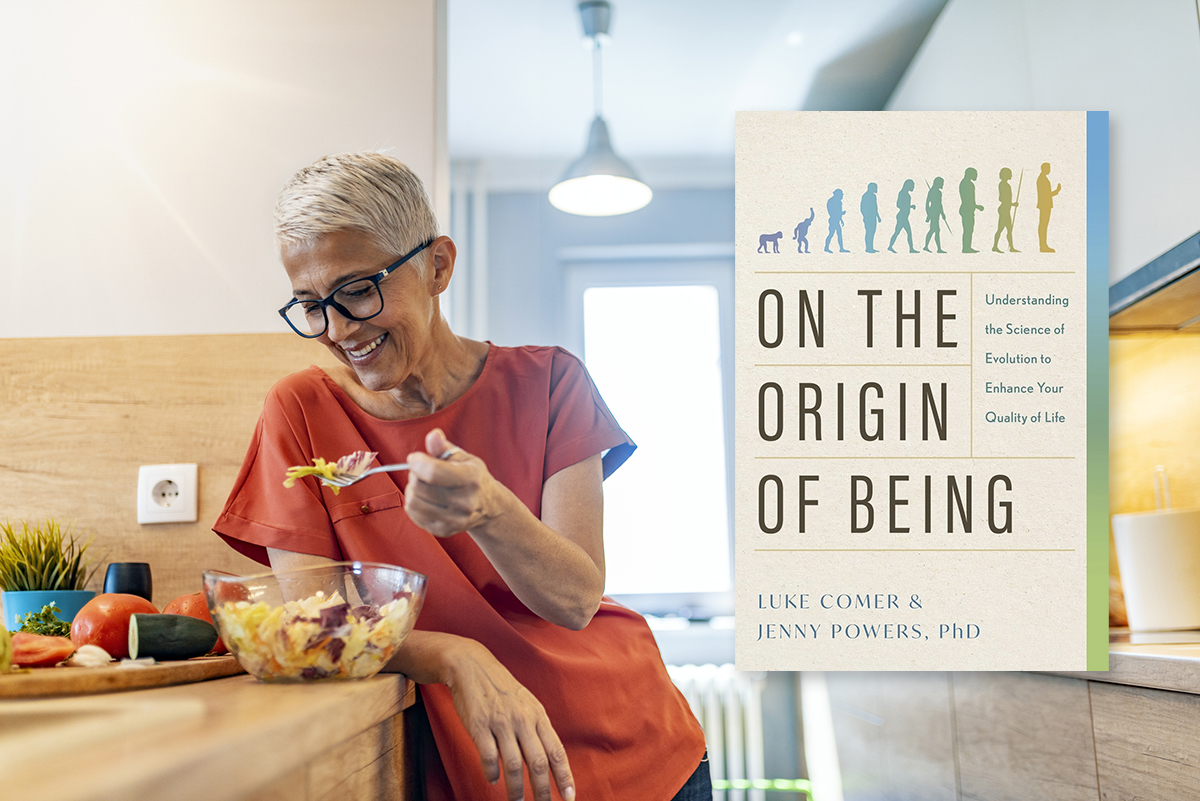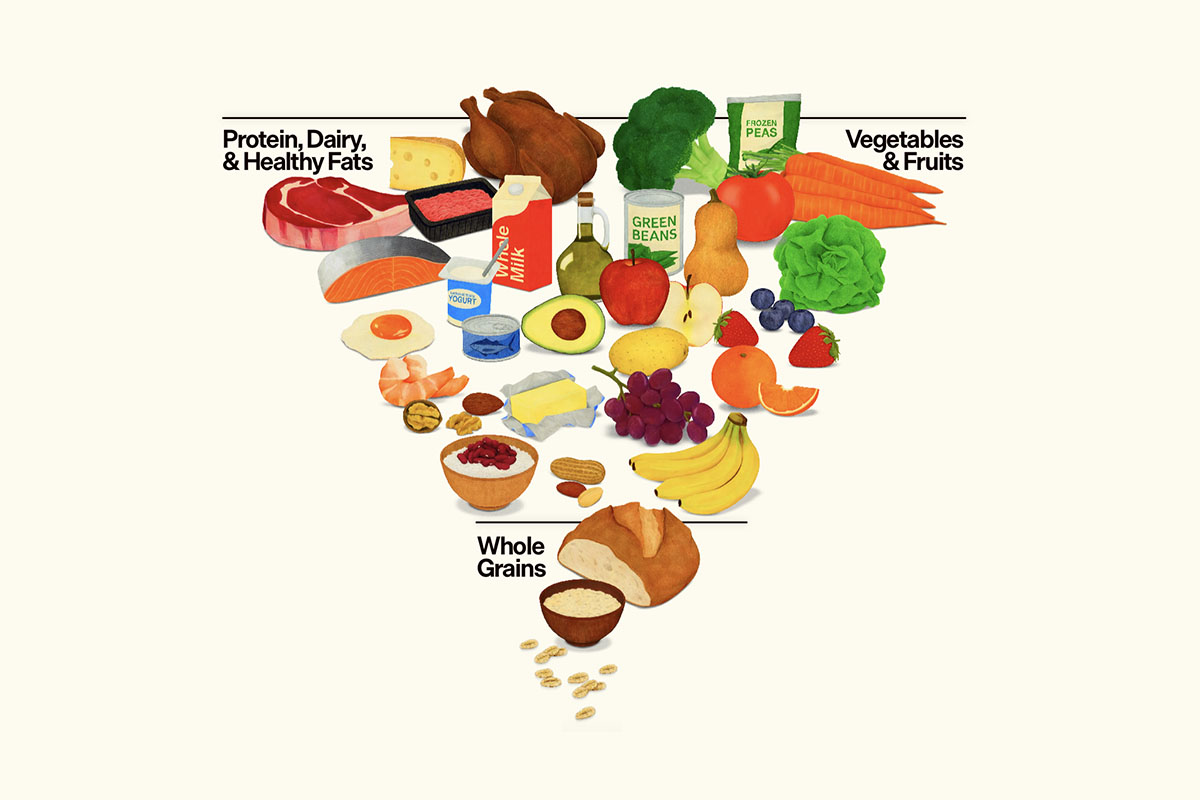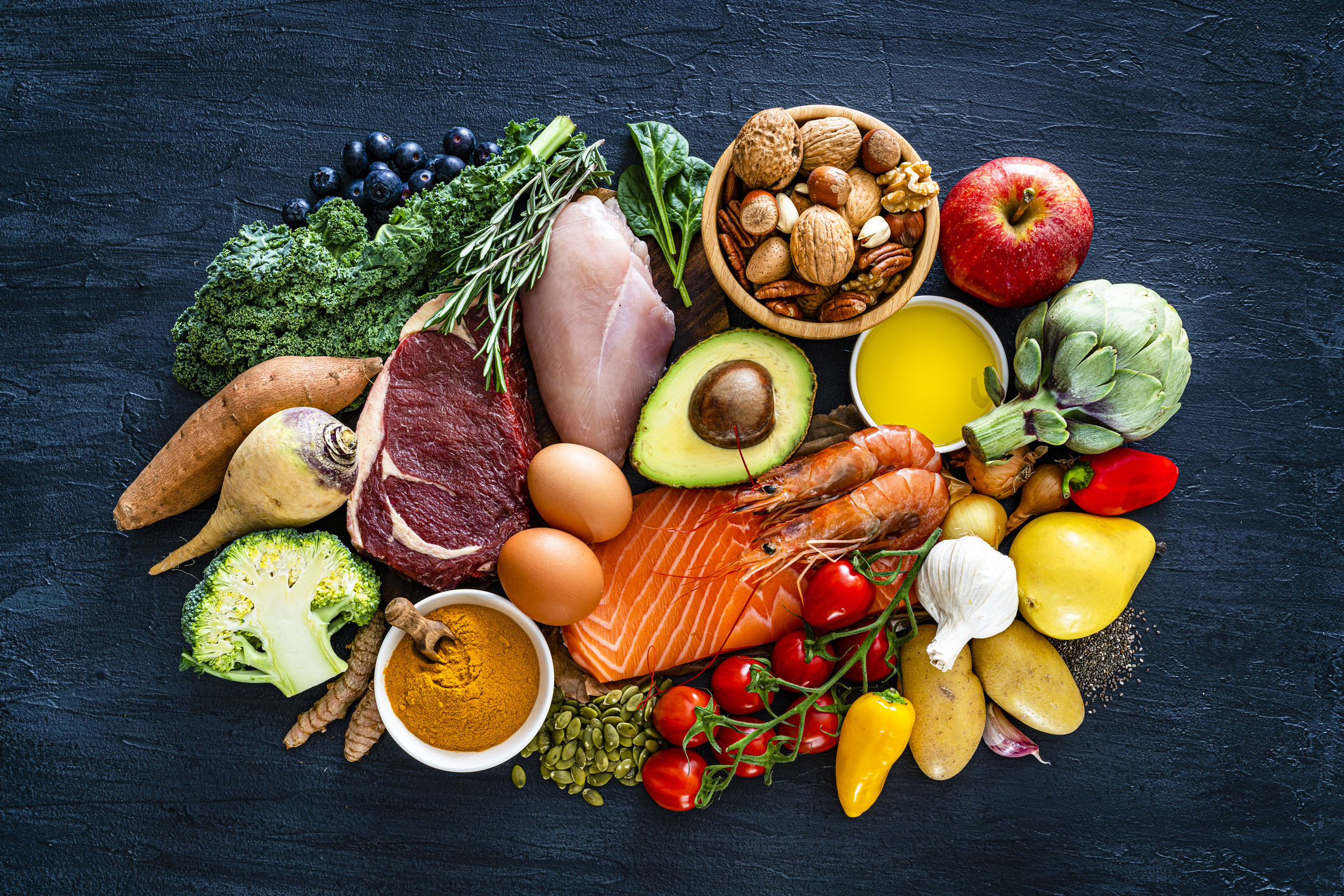I was an anthropology major in college. The reason I chose that discipline is because it aspired to answer the fundamental question: What is it to be human? The science of physical anthropology studies our ancestors to understand how humans evolved to attain success as a species; cultural anthropology addresses the practices by which different societies order their lives.
How does that dovetail with my medical career? First, it provided me with an intellectual framework to study human evolutionary biology. How is the human body designed from the standpoints of diet, sleep, exercise, and our relationship with nature? And second, it offered me a non-judgmental take on cultural relativity—how various societies addressed mankind’s health challenges for millennia with the resources at hand. And those orientations helped me to adopt my critical stance on the problems associated with modernity.
A recent essay facetiously suggested that our species, Homo sapiens is devolving into Homo fragilis—or what’s worse, Homo infirmus. We’re losing the resiliency acquired over millions of years of exquisite natural selection, and increasingly becoming dependent on heroic medical interventions for our very survival.
As Paleolithic nutrition pioneer S Boyd Eaton has succinctly put it: We’re “stone agers in the fast lane”.
It’s cultural hubris of the first order to think we’ve attained the pinnacle of human progress in the present age; humankind’s evolutionary adaptations to primordial environments, as well as cultural practices through the ages—too often maligned as “primitive”—are worthy of study—and to some extent, emulation.
We can go overboard with this, as with romantic idealization of the “Noble Savage” à la Jean Jacques Rousseau, or misguided adherence to a simplistic modern iteration of the Paleo Diet disconnected from the prehistoric evidence.
That’s why On the Origin of Being: Understanding the Science of Evolution to Enhance Your Quality of Life by Luke Comer and Jenny Powers appealed to me. It offers practical lessons derived from evolutionary biology to inform our diet and lifestyle choices.
It turns out there’s no single Paleo Diet; there are as many variations as there were human habitats, stages of evolution, and cultures. The key to humans’ success as a species—propagating across many continents and ecological niches—is their adaptability.
While it’s true that our primate forebears 10 million years ago ate a plant-based diet, and Ice Age humans hunted megafauna like mammoths, giant sloths, and bison, we are shaped by evolution to be omnivorous.
Evidence for that comes from new techniques of paleontology that reveal tiny traces of plant residues on ancient humans’ teeth. This reveals that wild plants—tubers, seeds, berries, and succulent leaves—were very much a part of our ancestors diets, even where game was plentiful. Animal bones reveal cut marks that indicate the use of stone tools to kill animals and butcher them, with marrow, yielding a high fat content, especially prized.
All the evidence suggests that human evolutionary progress was marked by a relentless quest for calories, to fuel larger brains, and protein, to sustain muscles. The ability to utilize a wide range of nutrient sources enabled our march towards bigger-brained bipedalism; increased brain capacity and our freed hands facilitated language, cooperation, and toolmaking. Our superior endurance enabled us to hunt and track prey to exhaustion.
Our ability to store energy as fat within adipose tissue is a uniquely human attribute among primates—something that’s come to haunt us now that famines are no longer a constant threat.
Even our dentition and our GI tracts reflect a compromise between plant consumption and carnivory; Food preparation reduced our dependency on prolonged chewing and digestion of tough plant material, while our teeth and digestive tracts, too, are less focused on tearing and assimilating raw meat than, say, alligators and lions.
This is not to suggest that local conditions didn’t dictate extreme adaptations: The Inuit derived most of their calories from the fat of Arctic animals; Inhabitants of tropical climes feasted on the bounty of starchy plants, with a small contribution of animal protein. Inhabitants of western countries can gravitate to either dietary pole simply by clicking on their favorite food delivery app.
Keto, Atkins, Mediterranean, DASH, Vegan, Carnivore, Paleo—they all stake their claim as humans’ birthright. But their modern versions (and commercialization) often betray their intent.
Powers contends that one thing’s for sure: ultra-processed food—with myriad synthetic ingredients and additives, laced with chemical, pesticide and herbicide residues, loaded with sugar and refined oils, bereft of fiber, and engineered for maximum addictiveness—should be off the table.
Even the meat we eat is unmoored from its Paleo origins; its fat content is different by virtue of the grain livestock are fed, and we eschew the animal parts that our forebears prized. “Nose-to-tail” eating was the rule until the last century.
Fruits and vegetables have been intensively bred for size, sweetness, shelf life and eye appeal. A recent headline laments: “Fruits Are Now So Sweet That Zoos Had to Stop Feeding Them to Animals”:
“Red pandas and other monkeys have been gaining weight and seen some tooth decay from sugary fruits at the Melbourne Zoo in Australia. Crops have been modified to be sweeter and larger than wild fruits, which the animals’ diets would normally consist of.”
One of Powers’ and Comer’s most interesting assertions was that, in some respects, prehistoric hunter-gatherers may have been healthier than their farmer descendants. Around 10-12,000 years ago, small-scale agriculture debuted in the Fertile Crescent. Nomadic bands coalesced into small communities reliant on crops and domesticated animals.
The result was decreased dietary diversity, nutritional deficiencies, oppressive social hierarchies, greater risk of famines, potential for warfare with competing tribes over farm and grazing, and the advent of infectious diseases transmitted by livestock. Agriculturalists toiled longer hours and had less time for leisure. Archaeological evidence shows early farmers grew to shorter stature, succumbed to more diseases, and died more often from inter-group conflict.
Why then did humans take the leap from hunter-gatherers to field laborers? Why the trade off to a less congenial lifestyle?
The answer lies in the sheer mathematics of natural selection. Nature is agnostic; it concerns itself only with perpetuation and expansion of the species. Regularization of the food supply enabled women to have more progeny. Earlier weaning meant women could have more pregnancies; even with high infant and maternal mortality, the human population expanded. There was no turning back.
A similar paradox occurred with industrialization; quality of life plummeted among workers in new blighted urban centers, but the human population soared. By then, civilizing progress had overtaken natural selection as a determinant of the human predicament.
When it comes to our modern food ways and lifestyles, it’s important to maintain a chronological perspective. Human evolution progressed ploddingly over hundreds of thousands of years. Think of the changes that have occurred over the mere last thousand years, since the age of the Vikings—their way of life seems almost unfathomable to us. Then multiply that thousand years times several hundred comprising innumerable generations and then you have a sense of the snail’s pace of our natural evolution.
With the advent of the Industrial Revolution we have accelerated our capacity to shape our environments at will, with little regard for conformance with our evolutionary inheritance. We are in a sense the first species who has leap-frogged the gradual process of adaptation that shaped our bodies and brains. We do so at our own peril. It’s the mission of On the Origin of Being to remind us of that heritage.
Listen to my recent podcast interview with Jenny Powers, Ph.D, co-author of On the Origin of Being: Understanding the Science of Evolution to Enhance Your Quality of Life.








